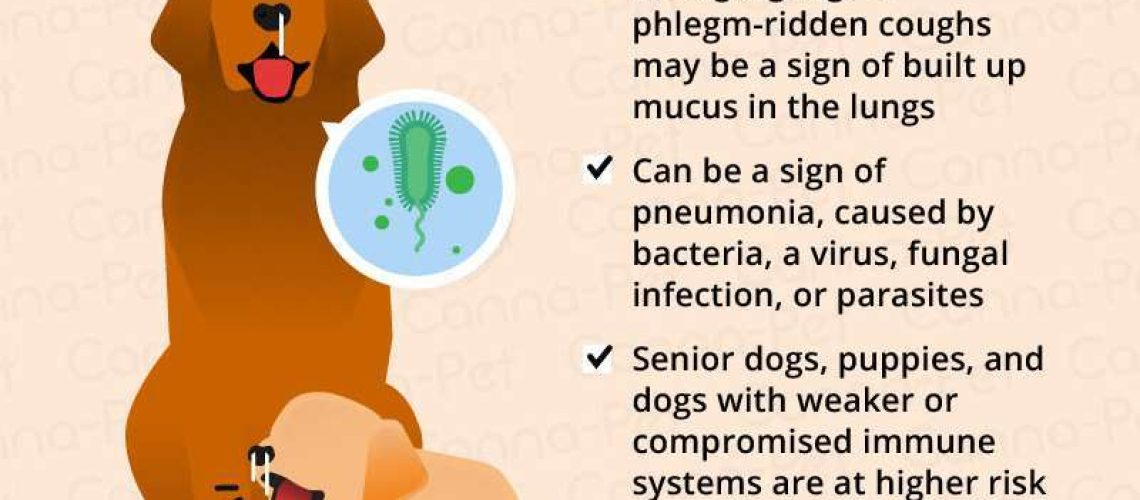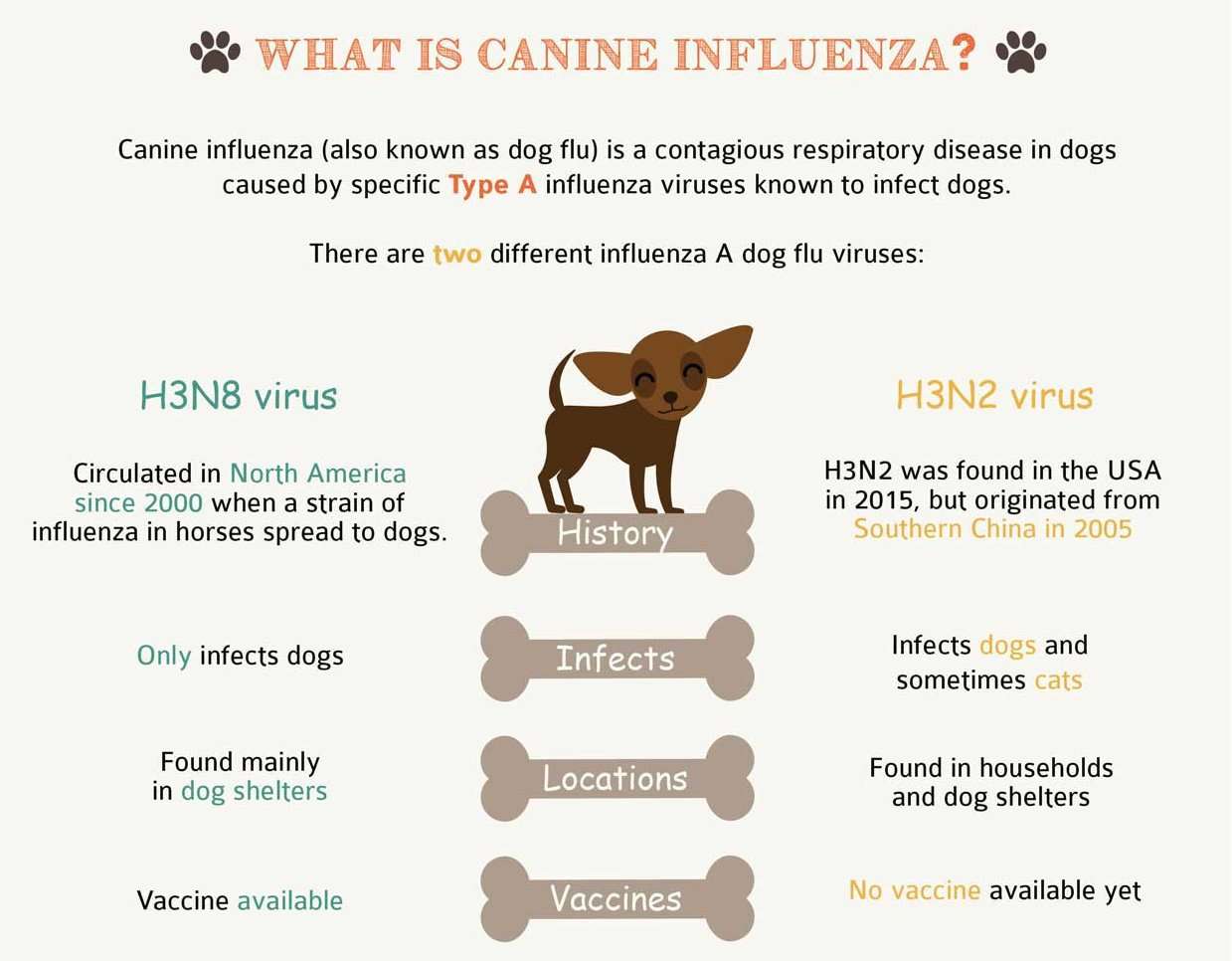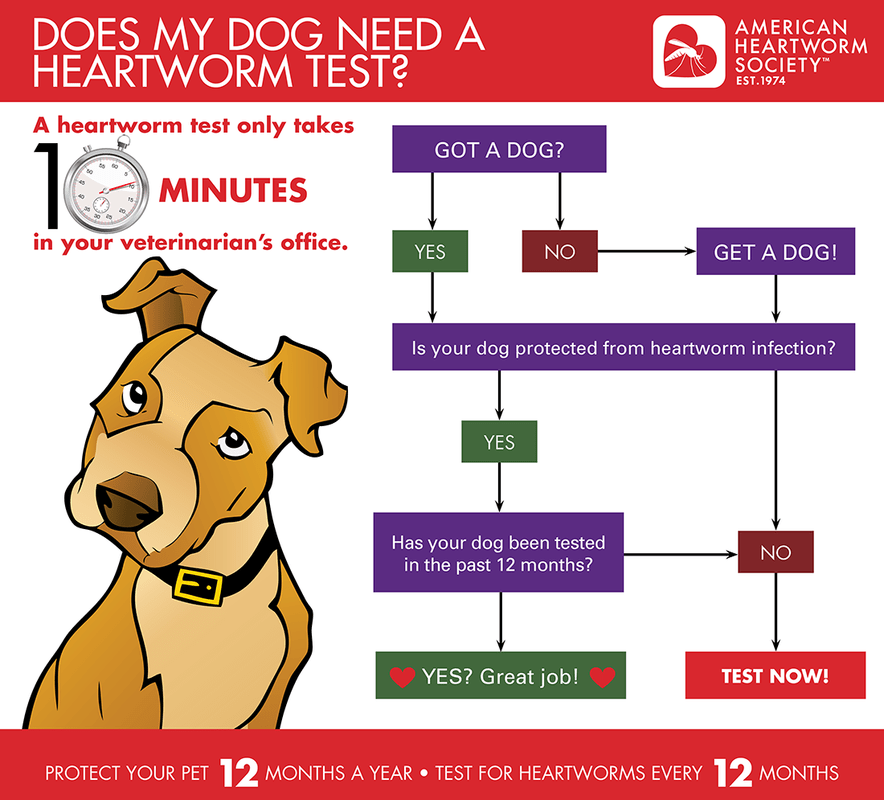Key Takeaways:
- Coughing in dogs can be caused by various factors such as respiratory infections, allergies, heart disease, or foreign objects lodged in the airways.
- It is important to monitor the frequency and intensity of your dog's coughing and seek veterinary attention if it persists or worsens.
- A veterinarian will perform a thorough examination to determine the underlying cause of the cough and may recommend diagnostic tests such as X-rays or blood work.
- Treatment for a coughing dog will depend on the underlying cause and may include medications, lifestyle changes, or surgery in certain cases.
- Preventing respiratory infections and keeping your dog's environment clean can help reduce the risk of coughing episodes. Regular vaccination is also crucial for maintaining your dog's overall health.
Updated : 1 Nov 2023 | Reviewed By : Amarjeet Barnwal
Introduction: Why Is My Dog Coughing?
Hey, dog parent! Noticed your fur baby coughing lately? Whether it's a dry cough or a wet cough, we've got you covered with everything you need to know.
Consult a vet for proper diagnosis and treatment; this isn't medical advice.
Your dog's cough could be due to various issues like heartworm, allergies, or a foreign object in their airway. It could also be canine influenza, lung issues, chronic bronchitis, or even something serious like distemper or lung cancer. Other possibilities include heart disease, pneumonia, kennel cough, and tracheal collapse
Common Causes of Dog Coughing
Kennel Cough
If you're wondering, "Why is my dog coughing?" one of the most common causes is kennel cough. It's an airborne disease, so if you've recently boarded your dog or visited a dog park, this could be the reason.
Heart Disease
Heart disease in dogs is another culprit. If your dog is older and the coughing is accompanied by lethargy, it's worth checking out with a vet.
Allergies and Lung Issues
Yes, dogs can have allergies too! Pollen, dust, and even certain foods can make your dog cough. Lung issues in dogs, like pneumonia, can also cause coughing, especially a wet cough.
Canine Influenza and Heartworm
Just like humans, dogs can catch the flu. If your dog is coughing and has a runny nose, canine influenza might be the reason. Heartworm in dogs can also lead to coughing, especially after exercise.
Symptoms to Watch Out For
Dry and Wet Cough
A dry cough can be irritating and is often due to allergies or minor throat irritations. A wet cough could indicate something more serious like pneumonia or heart disease in dogs.
Coughing at Night and During the Day
If your dog is mostly coughing at night, it could be a sign of heart disease. Frequent coughing fits during the day could indicate tracheal collapse.
Coughing and Sneezing
Coughing accompanied by sneezing usually points to an upper respiratory infection or dog allergies.
Coughing and Vomiting
If your dog is coughing and then vomits, it could be a sign of a gastrointestinal issue or even poisoning.
When to See a Vet: Red Flags
Coughing Up Blood or Foam
If your dog is coughing up blood or foam, it's a red flag. This could indicate lung issues or even dog coughing from cancer. Head straight to the vet.
Lethargy and Lack of Appetite
If your dog is coughing and also not eating or seems really tired, it could be a sign of something serious like heartworm or pneumonia in dogs.
Frequent Coughing Fits
A cough here and there is usually nothing to worry about. But if your dog is having frequent coughing fits, it's time for a vet visit. This could be due to tracheal collapse or even heart disease in dogs.
Wheezing and Panting
Wheezing and panting along with coughing could indicate respiratory issues or even heart problems. If your dog is coughing and wheezing, especially after exercise, it's a cause for concern.
Home Remedies for Dog Coughing
Honey and Herbal Teas
A spoonful of honey can soothe your dog's throat and reduce coughing. Certain herbal teas like chamomile can also be a great home remedy for minor coughs due to allergies.
Steam and Humidity
If your dog is suffering from a dry cough, sitting in a steamy bathroom can provide relief. Humidity can also help in reducing coughing due to dry air.
Coconut Oil and Diet
Coconut oil has natural antibacterial properties and can help with coughs due to allergies. A change in food can also sometimes alleviate symptoms.
Medical Treatments: What to Expect
Antibiotics and Steroids
For bacterial infections like kennel cough, your vet might prescribe antibiotics. In severe cases of allergies or inflammation, steroids might be used for treatment.
Cough Suppressants
For persistent coughs, cough suppressants might be prescribed to give your dog some relief. These are especially useful for treating dry cough in dogs.
Surgery and Anesthesia
In extreme cases like tracheal collapse, surgery might be the only option. Anesthesia will be used, and it's important to know that some dogs might experience coughing from anesthesia post-surgery.
Prevention: How to Keep Your Dog Healthy
Regular Vet Visits and Vaccines
The best prevention is regular check-ups. Make sure your dog is up-to-date on all vaccines, especially if they're frequently around other dogs. This can prevent issues like canine influenza and kennel cough.
Proper Nutrition and Exercise
A balanced diet can boost your dog's immune system, making them less susceptible to illnesses that cause coughing. Regular exercise keeps your dog's heart and lungs in good shape, reducing the risk of heart disease and lung issues.
Avoid Allergens and Environmental Triggers
If your dog is prone to allergies, try to keep them away from known triggers like pollen, dust, and certain foods. Environmental changes like cold weather or travel can also trigger coughing in some dogs.
Keep Them Warm and Hydrated
In cold weather, a doggy sweater can help prevent coughs caused by cold air. Keeping your dog hydrated can also alleviate symptoms, especially if they're coughing after eating or drinking.
Conclusion: Final Thoughts and Next Steps
So, you've made it to the end! Now you know why your dog might be coughing and what you can do about it. From home remedies like honey and herbal teas to medical treatments like antibiotics and surgery, there are various ways to address the issue. Remember, when in doubt, always consult your vet. Your furry friend is counting on you to keep them healthy and happy.
External Sources:
Environmental Factors That Can Make Dogs Prone to Coughing
Allergens and Irritants in the Environment
Just like humans, dogs can be sensitive to various allergens and irritants present in their environment. Common culprits include pollen, dust mites, mold spores, cigarette smoke, cleaning products, and certain chemicals. Exposure to these substances can trigger coughing episodes in susceptible dogs. Identifying and minimizing your dog's exposure to these allergens can help reduce the frequency and severity of their cough.
Secondhand Smoke and Indoor Air Quality
Secondhand smoke is not only harmful to humans but also poses risks to our furry companions. Dogs exposed to secondhand smoke are more likely to develop respiratory issues, including chronic coughing. Ensuring good indoor air quality by avoiding smoking around your dog and using air purifiers can significantly improve their respiratory health.
Remember:
If you suspect environmental factors are contributing to your dog's coughing, consulting with a veterinarian can help identify specific triggers and provide guidance on how to minimize exposure.
Potential Treatments for a Persistent Cough in Dogs
Treatment Options Based on Underlying Causes
The appropriate treatment for a persistent cough in dogs depends on the underlying cause identified by a veterinarian. If the cough is due to an infection, antibiotics may be prescribed. Allergies may require antihistamines or corticosteroids to alleviate symptoms. Heart disease or congestive heart failure may necessitate medications to improve cardiac function and reduce fluid buildup. In some cases, surgery may be recommended to address structural abnormalities causing the cough.
Lifestyle Changes and Management Strategies
In addition to medication-based treatments, lifestyle changes and management strategies can play a crucial role in managing a persistent cough in dogs. These may include avoiding exposure to irritants, maintaining a clean and dust-free environment, using humidifiers to keep the air moist, regular exercise to promote respiratory health, and ensuring a balanced diet to support overall immune function.
Why does my dog cough like something is stuck in his throat?
If your dog is experiencing coughing or making sounds that resemble choking, it could be a sign of canine infectious respiratory disease complex (CIRDC), commonly known as kennel cough or canine infectious tracheobronchitis.
When should I be concerned about my dogs cough?
However, if you cannot determine the cause of your dog's cough from a specific activity, if they cough frequently throughout the day, or if they are coughing up yellow or green mucus or blood, it is important to seek veterinary care promptly.
Why is my dog coughing but not sick?
Similar to humans, dogs can experience allergies to their surroundings, other pets in the household, or even certain foods. These allergies can result in symptoms such as coughing, sneezing, and other minor indications that your dog is reacting to something. Identifying the specific cause of your dog's allergies may require some time and investigation.
Why does my dog keep coughing and gagging?
Infectious problems and laryngeal paralysis are two common causes of gagging in dogs. Kennel cough, a respiratory infection, often leads to gagging and a harsh cough that sounds similar to a goose.
How does a dog get kennel cough at home?
Kennel cough is usually transmitted when a healthy dog comes into contact with the respiratory secretions of an infected dog, either through coughing or sneezing. Additionally, dogs can also contract kennel cough from contaminated objects like toys, food bowls, or water bowls.
What can be mistaken for kennel cough?
According to Dr. Fitzgerald, both the canine distemper virus and canine influenza virus initially show symptoms very similar to those of kennel cough. Dogs can also develop coughing from other conditions such as a collapsing trachea, bronchitis, asthma, and even heart disease.
















